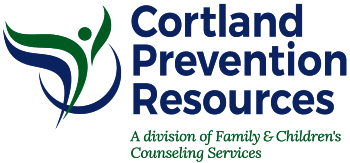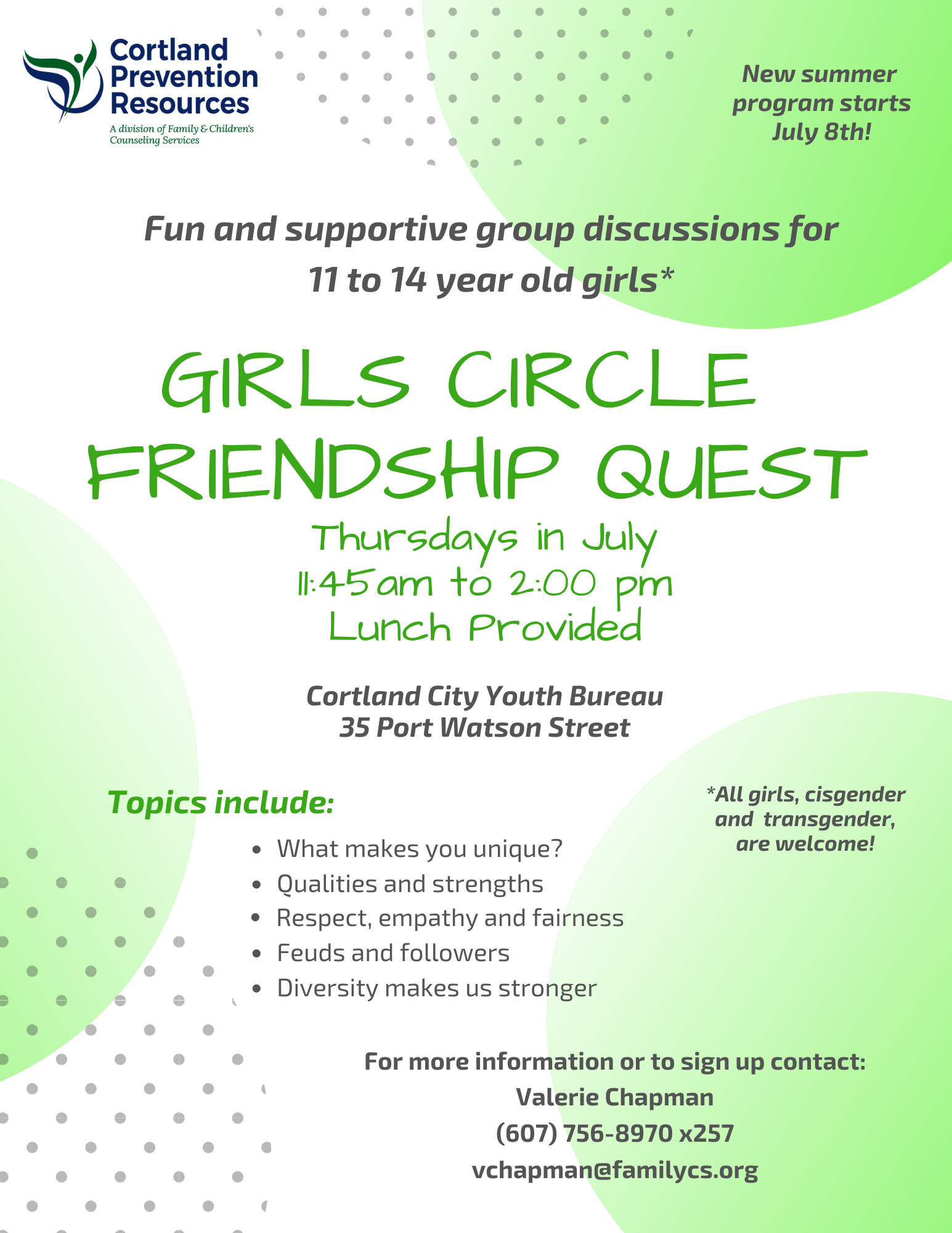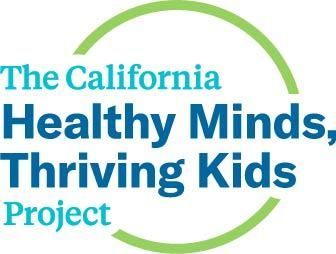Did you know that, according to the Substance Abuse and Mental Health Services Administration (SAMHSA), more than two-thirds of children report at least one traumatic life event by the age of sixteen? This statistic tells us that trauma is one of the great epidemics facing our society today. However, for many adults, it may be unclear what exactly trauma is or how we can help children who have a history of trauma.
Trauma often results from exposure to a single incident or a series of emotionally disturbing or life-threatening events. This exposure can have long-lasting and far-reaching adverse effects. Trauma can cause impairments in a child’s functioning, including their mental, emotional, physical, spiritual, and social well-being. Potentially traumatic childhood events include physical abuse, sexual abuse, emotional abuse, neglect, living with a parent with mental health or substance use disorders, poverty, discrimination, etc. The stress associated with these events often exceeds the child’s ability to cope with these experiences. Another difficulty the child may experience is the inability to incorporate the traumatic event or events into their life story.
Although trauma can happen at any age, the impact it has on a child’s developing brain has long-standing debilitating repercussions. Children may experience a decrease in their academic performance, an increase in their need for health and mental health services, involvement in child welfare or juvenile services or programs, and long-term health problems.
Childhood survivors of trauma experience higher rates of health disparities in adulthood, according to the original Adverse Childhood Experiences (ACE) Study.
As example, these individuals are two times more likely to smoke, seven times more likely to develop alcoholism, and twelve times more likely to have attempted suicide. Studies show that trauma is a risk factor for nearly all behavioral health and substance use disorders.
Trauma presents itself in a myriad of ways and is a great imposter. Many find trauma to be challenging to identify because it may appear similar to any number of behavioral or emotional problems. Due to the complexity, especially among young children, many adults need help to understand or recognize the warning signs. We assume that the presenting problems we see are behavioral problems when, in fact, these children are experiencing extreme mental and emotional distress.
Most cases of trauma consist of increasing incidence of poor emotional and impulse control and shifts in attention. In some cases, this may look like ADHD, the inability to follow directions or consistent behavior that violates appropriate norms. If you are worried about a child, be on the lookout for some of these warning signs. Trauma may present itself as difficulty sleeping, anxiety, depression, weight loss or weight gain, acting out in the classroom, trouble with concentration and attention.
As you can see, the need for trauma-informed care is genuine and necessary for quality care to children who have survived extreme hardships. Trauma-informed care is an approach that incorporates trauma awareness, knowledge, and skills into organizational cultures, practices, and policies. Trauma-informed agencies and providers act in collaboration with those who are involved with the child, using evidence-based practices to maximize physical and psychological safety, facilitate the recovery of the child and family, and support their ability to thrive.
It is important to remember that children can and do recover from traumatic experiences, and they are incredibly resilient. Resilience is the ability to work with adversity in such a way that one comes through the experience unharmed or even better because of it. You, as a caring adult, can play an essential role in their healing process. Often, a child needs just one supportive adult in their life to overcome severe hardships. Your part is to assure the child that they are safe. Explain to the child that the events that unfolded were entirely out of their control and that they are not responsible for their experience. Patience is vital; some children will recover quickly, while it may take others more time.
Lastly, seek the help of a trained professional. Mental health professionals can help children and families cope with trauma and safely move toward recovery. Family & Children’s Counseling Services is partnering with Finger Lakes Resiliency Network and several other local agencies to help Cortland County to become a trauma-informed community. Local healthcare and social service agencies, through education, training, resources, and support, are developing trauma-informed practices to improve services and quality of care. If you need assistance, please contact Family & Children’s Counseling Services at (607) 753-0234 to make an appointment with a counselor who can aid you or a loved one on your journey to recovery.
By: Colin Albro
The Cortland LGBTQ Center & Cortland Prevention Resources, divisions of Family & Children's Counseling Services





